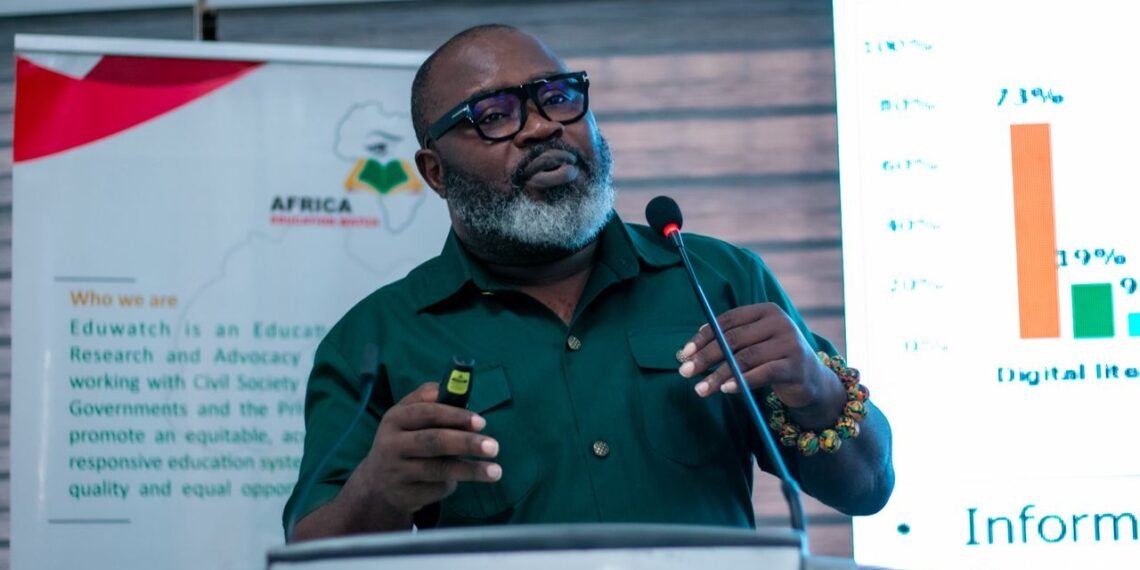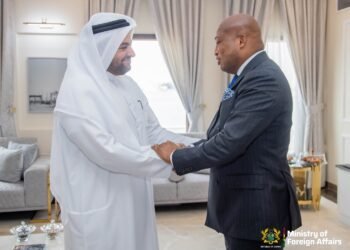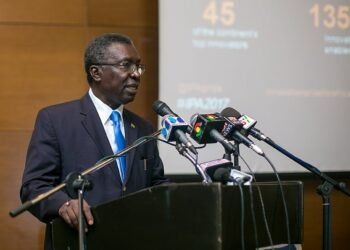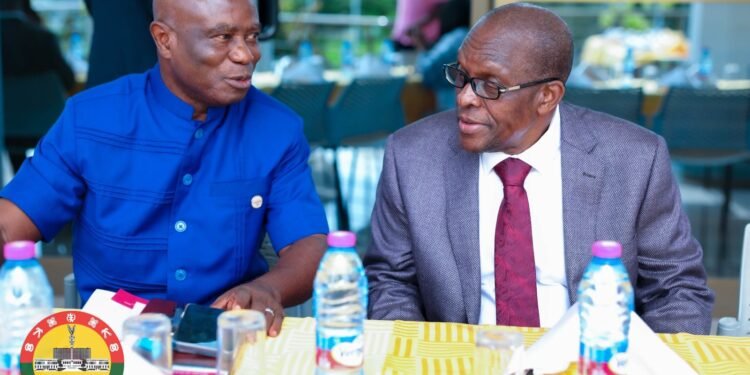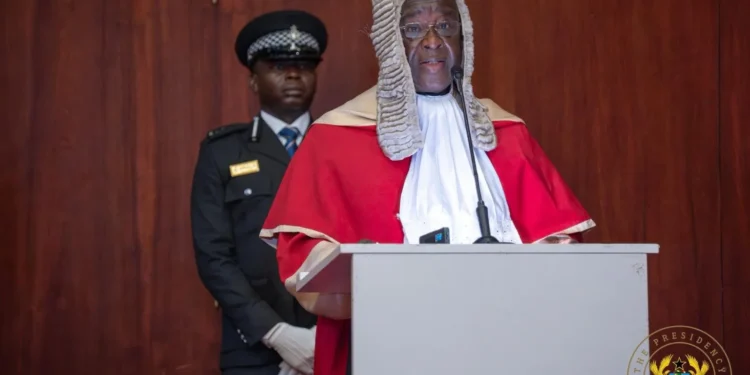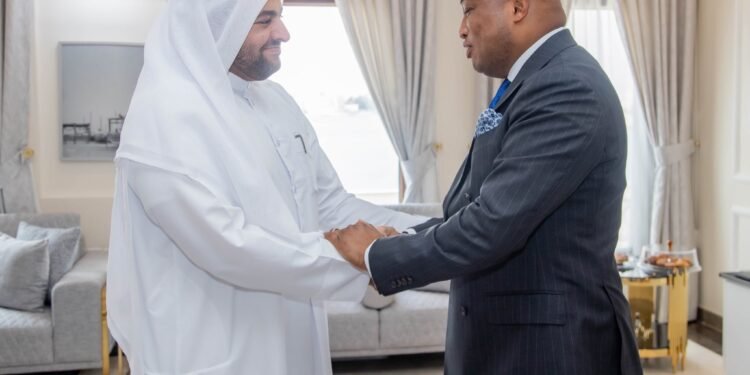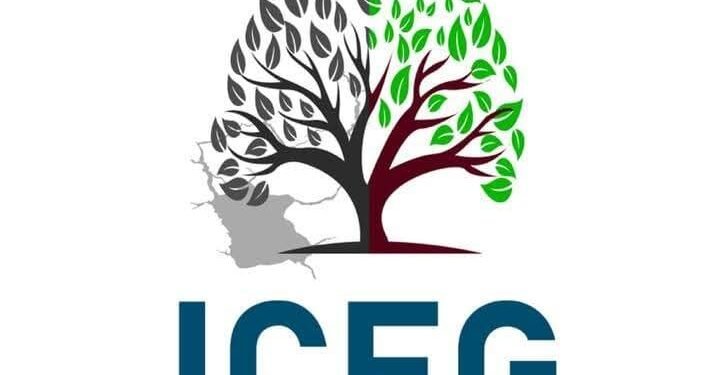The Executive Director of Africa Education Watch (Eduwatch), Kofi Asare, has commended President John Dramani Mahama’s government for introducing the Free Tertiary Education for Persons with Disabilities (PWDs) under the flagship No Fess Stress Policy , describing it as a bold and inclusive step toward educational equity.
However, he emphasized that the success of the initiative would depend on stronger investment at the basic and secondary levels, where the majority of children with disabilities are excluded from the classroom.
Speaking ahead of the policy’s official launch by President Mahama and Minister for Education Haruna Iddrisu at the Accra College of Education, Mr. Asare noted that the new policy represents “a commendable effort to uphold the constitutional right of all Ghanaians to education, especially those with disabilities.”
Yet, he cautioned that without tackling the systemic inequalities that hinder PWDs from progressing through the early stages of education, the impact of the free tertiary education initiative would remain limited.
“All Ghanaians have the right to education, including Persons with Disability (PWDs), who constitute about 3 percent of the population. While providing free tertiary education for all PWDs who make it that far is commendable, the real impact will be felt only when the barriers at the basic and secondary levels are removed.”
Executive Director of Africa Education Watch (Eduwatch), Kofi Asare
Citing data from Eduwatch’s analysis and national education statistics, Mr. Asare painted a stark picture of the exclusion faced by children with disabilities. Although only about 10 percent of children in Ghana are out of school, a staggering 28 percent of children with disabilities have never set foot in a classroom.

The disparities deepen as children progress through the system: 72 percent of children nationally complete primary school, compared to just 54 percent among children with disabilities. At the secondary level, there remains a 14-percentage-point gap between national completion rates and those for PWDs.
“Fewer than 0.5 percent of the approximately 180,000 tertiary entrants are PWDs — that’s less than 900 students. This shows that while free tertiary education for PWDs is important, only a very small fraction will currently benefit from it.”
Executive Director of Africa Education Watch (Eduwatch), Kofi Asare
He attributed this poor progression to several factors, including cost barriers, limited access opportunities despite existing free education policies, and persistent socio-cultural discrimination.
“Financial barriers that prevent children with disabilities from progressing through the education system must be removed,” he said, calling for a holistic and inclusive approach to education financing.
Lagging Funding for Special Needs Education
Kofi Asare also highlighted a worrying trend in the state’s commitment to funding special needs education. According to the Auditor-General’s report, between 2015 and 2020, Parliament approved GH¢59.2 million for the education of children with special needs, yet only GH¢38 million (64.54%) was actually released.
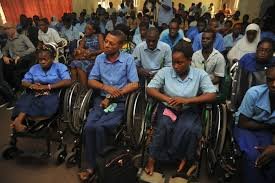
“This funding gap further limits access and the quality of education available to children with disabilities,” he observed, stressing that consistent and credible financing is essential for meaningful inclusion.
He urged the government to commission a comprehensive financial cost-burden study to determine the exact nature and dimensions of the expenses that keep children with disabilities out of school.
“Eduwatch is ready to assist if there is a genuine commitment to this agenda,” he assured, emphasizing that such research would provide the foundation for targeted, evidence-based interventions.
Calls for Improved Resourcing and Expansion
Mr. Asare further called for improved resourcing and expansion of special schools and assessment centers, particularly through increased budgetary allocations and improved budget credibility in the annual education budget.
He also urged the Ministry of Education (MoE) to prioritize making public schools, especially tertiary institutions, disability-friendly, not just in infrastructure but in teaching and learning resources as well.
He lamented that the Special Education Division of the Ghana Education Service remains the most underfunded within the education sector, which undermines its ability to effectively carry out its mandate. Strengthening that division, he argued, must form part of the broader framework for implementing the new free tertiary education policy.
Reflecting on the broader meaning of the policy, Mr. Asare expressed hope that it would mark a shift in the government’s attitude toward PWD education — from one of charity to one of responsibility.
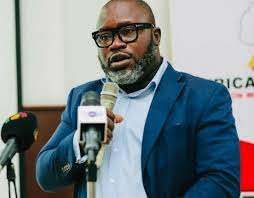
“May today’s launch of free tertiary education for PWDs by President Mahama not be an event but signify a new dawn where government’s approach to PWD education will no longer be one of charity but responsibility”.
Executive Director of Africa Education Watch (Eduwatch), Kofi Asare
He concluded by urging the government to ensure that the policy is sustainably mainstreamed into Ghana’s education planning frameworks.
“May it be a lasting policy, fully embedded in the Education Sector Medium-Term Plan (2026–2029) and beyond, with indicators and targets integrated into the EMIS data systems for effective monitoring and evaluation”.
Executive Director of Africa Education Watch (Eduwatch), Kofi Asare
The Free Tertiary Education Policy for PWDs fulfills one of the NDC government’s flagship education promises ahead of the 2024 general elections, demonstrating its commitment to inclusivity and human capital development.
However, as Eduwatch’s Kofi Asare underscores, the long-term success of this initiative will depend not only on removing financial barriers at the tertiary level but also on ensuring that every Ghanaian child, regardless of physical or cognitive ability, can begin and complete the full cycle of education.
READ ALSO: Oil Prices Set to End Week Higher as U.S. Sanctions Trigger Rally

